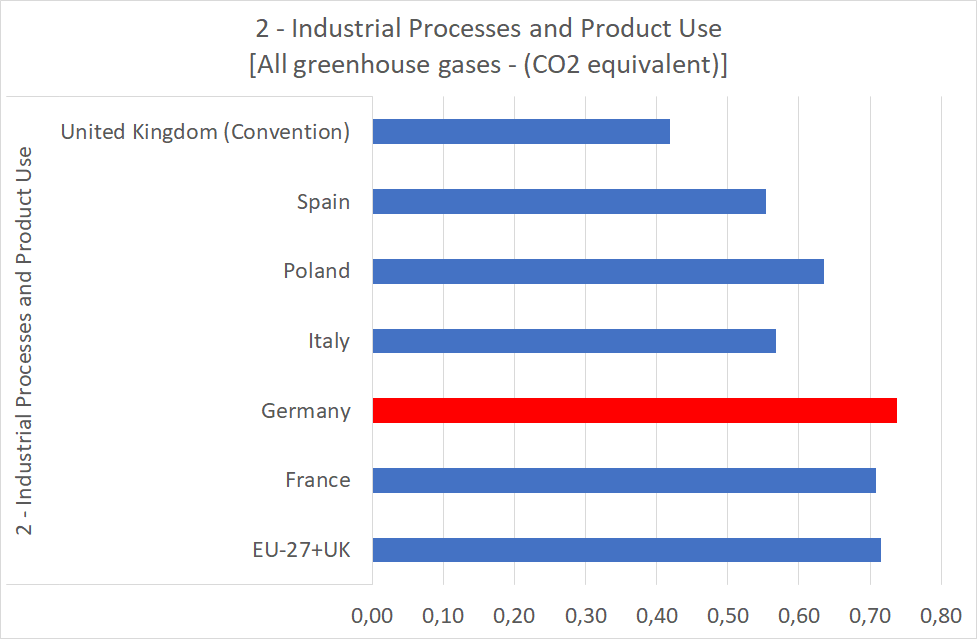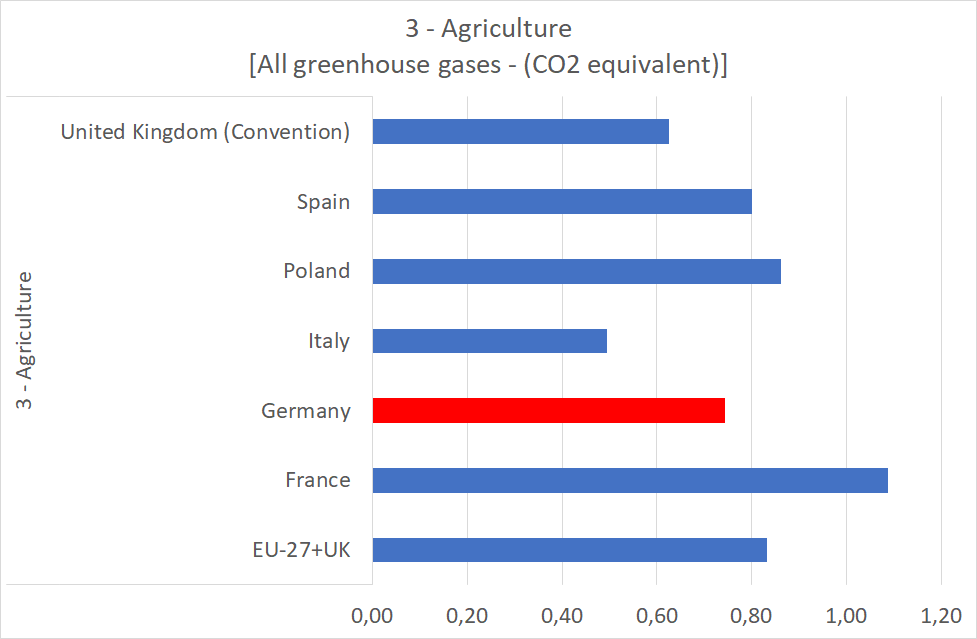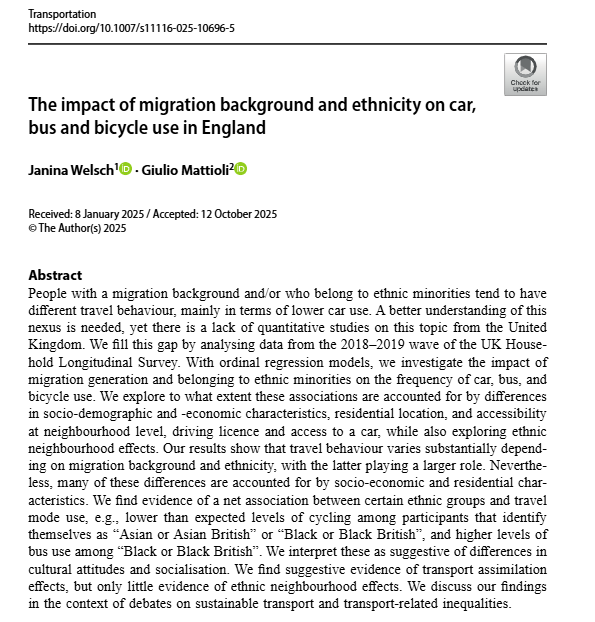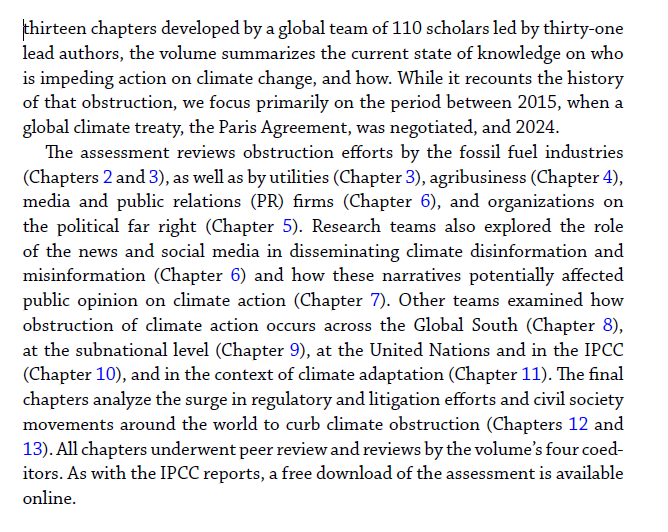If you know Germany you know that it's pretty common, almost 'common sense', to claim that Germany is doing better than other countries re: climate & environment.
Journalist here calls it an "undisputed climate leader"
But how much truth there is to it?
THREAD with figures
Journalist here calls it an "undisputed climate leader"
But how much truth there is to it?
THREAD with figures
https://twitter.com/Luisamneubauer/status/1425018883174457344
I use figures from EEA for greenhouse gas emissions per capita in various sectors for 2019
I compare DE with other large EU countries + UK, as well as the EU+UK average
I use per capita figures because DE is larger than other countries
eea.europa.eu/data-and-maps/…
I compare DE with other large EU countries + UK, as well as the EU+UK average
I use per capita figures because DE is larger than other countries
eea.europa.eu/data-and-maps/…
I use data for 2019, and not relative reduction data because if:
- your emissions were very high
- you have reduced them more than others (in relative terms)
- but they're still higher than others in absolute terms
to me you're not a *leader*, you're just converging
- your emissions were very high
- you have reduced them more than others (in relative terms)
- but they're still higher than others in absolute terms
to me you're not a *leader*, you're just converging
Total emissions (including aviation): higher in Germany than in all other countries considered here except Poland.
Look at the difference with France!
Look at the difference with France!
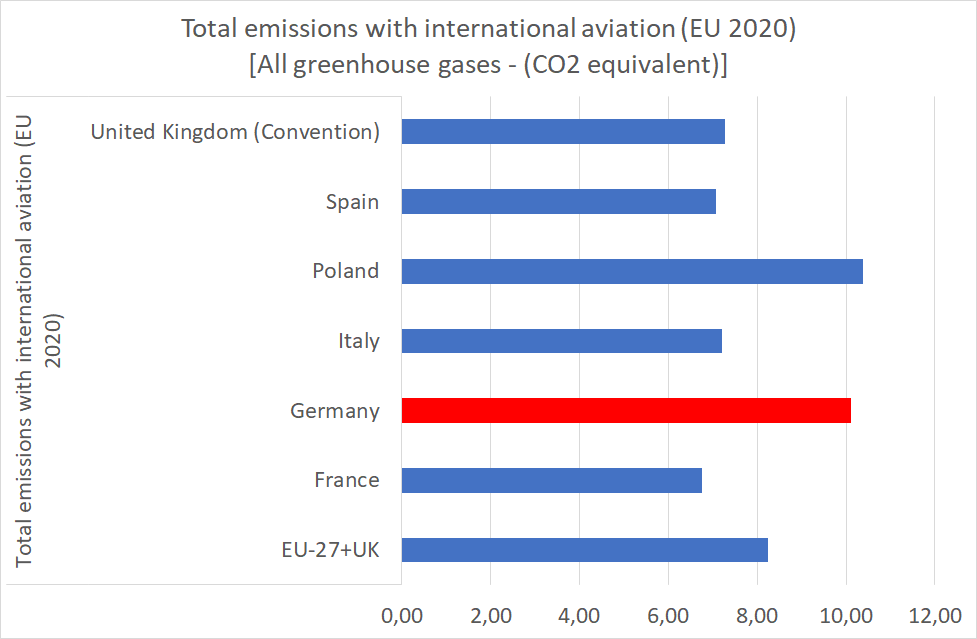
Now sector by sector.
ENERGY INDUSTRIES: again, second behind Poland. And look at the difference with France.
ENERGY INDUSTRIES: again, second behind Poland. And look at the difference with France.

IRON AND STEEL
Germany has by far the highest emissions of all countries considered. More than twice their values.
Germany has by far the highest emissions of all countries considered. More than twice their values.

TRANSPORT
Here the differences between countries are less pronounced (everyone sucks at transport & climate) but Germany still wins. As in: highest per capita emissions of the bunch.
Here the differences between countries are less pronounced (everyone sucks at transport & climate) but Germany still wins. As in: highest per capita emissions of the bunch.

OTHER (ENERGY) SECTORS (commercial/institutional, residential, agricultural/forestry/fishing. Highest emissions for Germany. 

WASTE MANAGEMENT
That's where Germany does much better than other countries - half or less than half their emissions.
That's where Germany does much better than other countries - half or less than half their emissions.
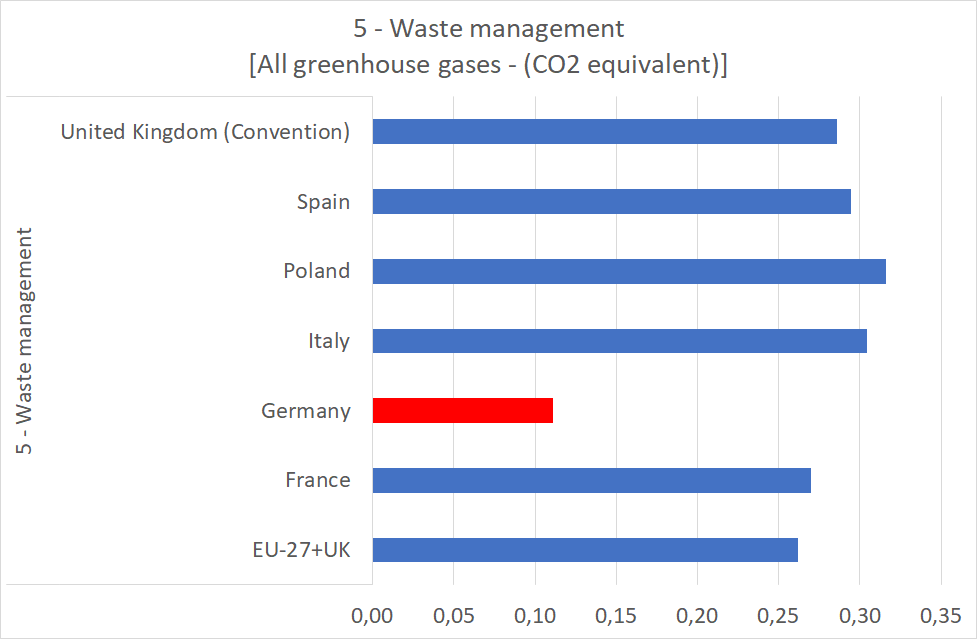
So to sum up:
- Germany has higher total emissions per capita than other major European countries
- in 4 sectors, it's got the highest emissions
- it's got the lowest emissions in just 1 sector (waste management)
- Germany has higher total emissions per capita than other major European countries
- in 4 sectors, it's got the highest emissions
- it's got the lowest emissions in just 1 sector (waste management)
So Germany be proud of your waste management (and other things you've done right) but don't let it go to your head.
The case for Germany being a "climate leader" *on the whole* is weak at best.
The case for Germany being a "climate leader" *on the whole* is weak at best.
• • •
Missing some Tweet in this thread? You can try to
force a refresh


